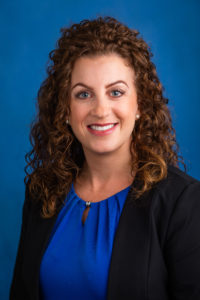By Chris Richmond
Originally Submitted to WorkBoat Magazine

Chris Richmond
Commonly referred to as The Jones Act, coverages under the Merchant Marine Act of 1920 provide broad benefits for your crew. It is always important to review what your crew are entitled to and what insurance you should have for this.
Under the MMA of 1920 if a crewmember is injured or falls ill while in service to the ship then they are eligible for maintenance, cure and wages.
Maintenance is lodging and meals should an injured crewmember have to find alternative accommodations due to the claim; the cure is doctor’s visits and medical treatment until maximum medical cure has been reached and wages are the pay the affected crewmember would have earned had they not been laid up. Your protection and indemnity policy will respond to this if you have crew coverage.
Be sure to keep your crew count accurate as you can. If you have more crew on board than you have listed on your insurance policy, you may suffer a co-insurance penalty. Insurance companies generally don’t like to cover something (or someone) who isn’t specifically written in a policy.
It is also important to remember that maintenance, cure and wage claims are no-fault. This means a crew member only has to establish that they were in service to the ship at the time of their injury or illness and then these benefits are available to them.
Though this can vary, the standard to establish seaman status as a crewmember is generally seen as spending 33% of one’s time in service to the ship.
I always tell my clients to let an adjustor determine whether or not a claim is valid. If you know of an incident or a crew member reports one, turn in the claim and let the insurance company decide. Otherwise, you may face suit under the Jones Act.
The Jones Act allows for crewmembers to sue the vessel for damages resulting from injuries they may have suffered aboard the vessel either because of negligence or unseaworthiness. Should the claim be successful the crewmember would be entitled to future lost wages as well as damages for pain and suffering. Again, the crewmember must establish seaman status − but again, let the insurance adjuster make that call.
You P&I insurance can be one of your vessel’s larger expenses but a claim that is not handled properly can cost you much more. Don’t be afraid to let your agent know what is happening on board involving injuries. You’re paying for your insurance to cover you when you need it in cases like these.








